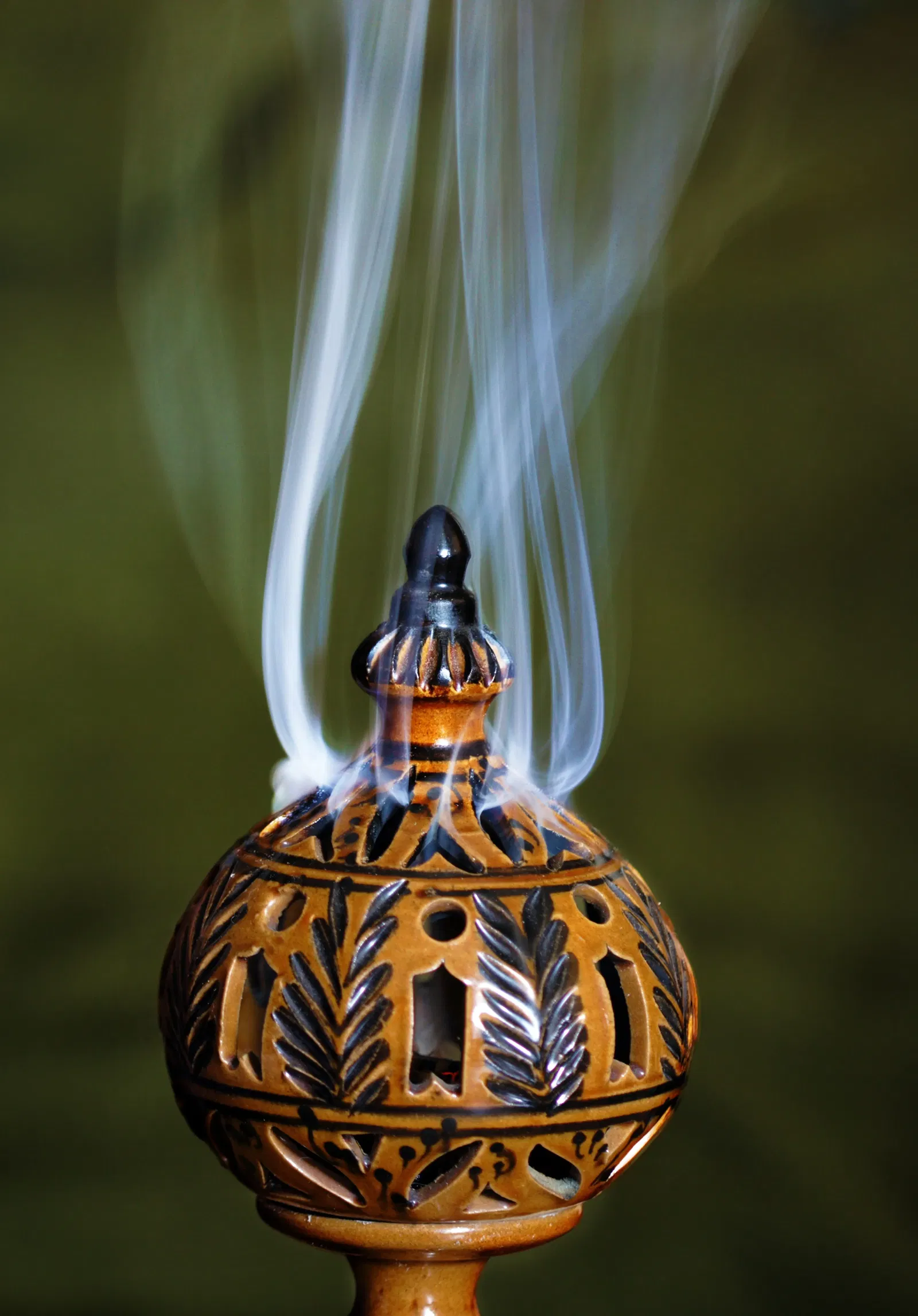
Often celebrated for its pristine beaches and stunning coral reefs, the Maldives also offers a rich and vibrant culture that is as fascinating as its natural beauty. In this blog, we delve into the cultural tapestry of the Maldives, from its unique traditions and festivals to the warm hospitality that characterizes the island nation. Cultural heritage and influence
Maldivian culture has been shaped by centuries of history, trade and interaction with neighboring countries. Located in the heart of the Indian Ocean, the Maldives has absorbed influences from India, Sri Lanka and the Arab world, resulting in a unique blend of traditions.
Divehian Language: A Cultural Heartbeat
Maldivian culture is deeply rooted in Dhivehi, the official language of the Maldives. The Dhivehi script is written from right to left and reflects the Islamic heritage of the nation. Although English is widely spoken in resorts and tourist areas, learning a few Divehi phrases can enhance your cultural experience and make interacting with the locals even more rewarding.
Traditional Maldivian clothing: elegant and timeless
The traditional Maldivian dress is an elegant and timeless garment known as "libaas". It consists of a long flowing dress for men and a beautifully designed dress for women. Libaat are often worn on special occasions and cultural events and display intricate embroidery and craftsmanship.
Bodu Beru: Rhythm of Maldivian Rhythms
Music and dance play a central role in Maldivian culture, and Bodu Beru is one of the most iconic forms of traditional music. This lively performance features drums, rhythmic singing and energetic dancing. Visitors can often enjoy Bodu Beru performances at resorts or during local festivals.
Local Festivities: Celebrating Traditions
There are many festivals in the Maldives that offer a glimpse into the culture and traditions of the islands. Here are some notable festivals:
Eid-ul-Fitr: This joyous celebration marks the end of Ramadan, the Muslim holy month of fasting. Families gather to celebrate, exchange gifts and participate in joint prayers.
Bodu Eid (Great Eid): This is the larger of the two Eid celebrations in the Maldives and is characterized by special prayers, festive meals and cultural events.
Kuda Eid (Little Eid): This is another Eid celebration that is equally important and includes prayers and community gatherings. National holiday: Celebrated on the first day of the Islamic month of Rabi' al-awwal, the national holiday celebrates the independence of the Maldives from British colonial rule in 1965. Celebrations include parades and cultural performances.
Traditional cuisine: a gastronomic adventure
Getting to know the culture of the Maldives is not complete without tasting its traditional cuisine. Seafood is central to Maldivian cuisine, such as mas riha (fish curry) and garudhiya (fish broth). Coconut, chili and aromatic spices are essential ingredients that create flavor in every bite.
Warm hospitality: The friendliness of the Maldives
Perhaps the most appreciated aspect of Maldivian culture is the warm hospitality of its people. Visitors are often welcomed with open arms and locals are eager to share their culture and traditions. Whether you are invited to a Maldivian home for a traditional meal or a friendly chat on the beach, the true warmth of the Maldives is a cultural treasure in itself.
Conclusion
While the natural beauty of the Maldives is undeniable, its rich culture and traditions add depth and meaning to the island experience. From elegant slips to the rhythm of Bodu Beru and festive celebrations to the exciting flavors of Maldivian cuisine, each course is a cultural treasure waiting to be discovered. So, if you are planning your trip to this tropical paradise, be sure to take the opportunity to explore the fascinating world of Maldivian culture and make lasting memories along the way.


